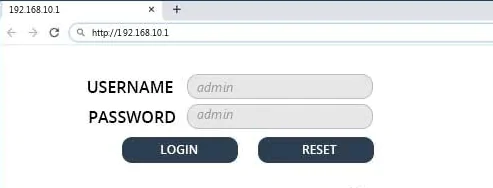Protect Your Data: What to Ask Your eSIM Provider Before Signing Up

Nearly every aspect of our personal and professional affairs has gone digital. This has brought numerous benefits, including convenience and accessibility, but it has also introduced new risks and challenges related to data security. With more information stored and shared digitally, there’s a higher risk of cyber-attacks and data breaches. Securing our data from unauthorized access is crucial in today’s digital era, and it’s important to take the necessary steps for its protection.
eSIM technology has emerged as a new and convenient way for individuals and businesses to manage their communication requirements. It enables easy switching between mobile carriers and access to cellular networks worldwide. However, with this convenience comes the need for increased data protection measures to ensure that sensitive information is not compromised. It’s important to take necessary precautions to protect your data before signing up for an eSIM service to minimize potential risks. Knowing what questions to ask your eSIM provider is an essential part of protecting your personal and sensitive information.
10 questions to ask
- How do you protect my data?
It’s important to know the steps on how your provider will safeguard your data. It’s crucial that the digital service provider has robust security protocols to keep your data safe from external threats. The provider should be able to provide clear explanations of their security measures and protocols. A provider’s inability to provide satisfactory answers on data protection or their hesitance to provide details could be a red flag.
- How will you prevent unauthorized access to my data?
Unauthorized access is a significant threat to data security. To protect your data, ask your provider about their access control measures. These can be two-factor authentications and encryptions. Make sure they have policies to prevent unauthorized access.
- Has your security measures been certified or audited by any third-party security experts?
Third-party certifications and audits provide an objective evaluation of the provider’s security measures. It is important to ask the digital SIM provider if they have any certifications or audits from reputable organizations. If they have certifications or audits, it can provide reassurance that they have undergone a thorough evaluation of their security measures. It is crucial to confirm the validity of these certifications and the extent of the audit to guarantee that they encompass all relevant facets of data security.
- How is my data handled in case of a security breach?
It is important to know how the virtual SIM provider will handle a security breach. Inquire about what actions the provider would take in the event of unauthorized access. The provider should have a clear plan for identifying and responding to security breaches to minimize the impact on your data.
- How do you handle data backup and recovery?
Backing up and recovering data is crucial in case of system failures or disasters. The embedded SIM provider should have regular backup procedures in place and be able to recover data quickly in case of any disruptions. Common data backup and recovery solutions include regular data backups to remote servers, redundant hardware configurations, and disaster recovery plans.
- What is your data retention policy?
Data retention policies determine how long the provider will keep your data after you terminate your service. Make sure to inquire about their policies on data retention and confirm that they align with any applicable regulations.
- If I decide to switch to a different provider, can I access my data in a usable format?
The virtual SIM provider should be able to provide you with your data in a usable format. If they don’t offer data retrieval services, it could create significant challenges for you if you’re looking to switch to a different provider. You may also want to ask about any potential fees or restrictions associated with data retrieval.
- Are there any limits on the data that can be stored or transmitted using your eSIM or M2M SIM card service?
This is particularly important if you plan to use an M2M SIM card for IoT applications. It’s crucial to ask this question to ensure that your data can be managed appropriately. Asking this question can help ensure that your data is not in violation of any restrictions and can be properly managed.
- What level of customer support do you offer?
The level of customer support offered by the digital SIM provider can be critical in case of any issues or concerns. Ask about their support channels, such as email, phone, or live chat. You can verify if they have a history of delivering excellent customer service by checking online reviews and testimonials from previous clients.
- How do you handle customer complaints or issues with the service?
It is important to ask them about their process for handling customer complaints or issues with the service. They should have clear policies and procedures in place for addressing any concerns promptly and effectively.




